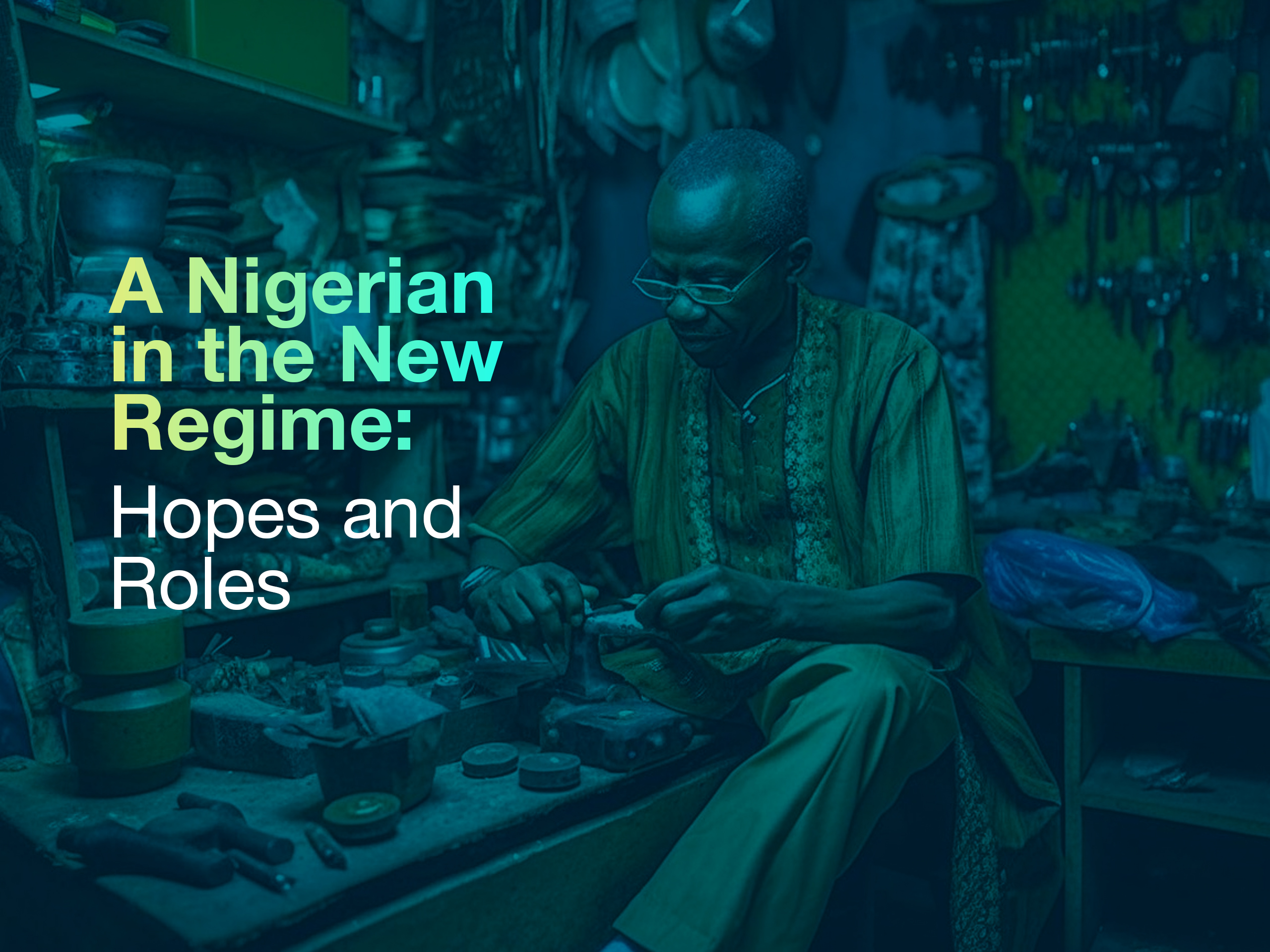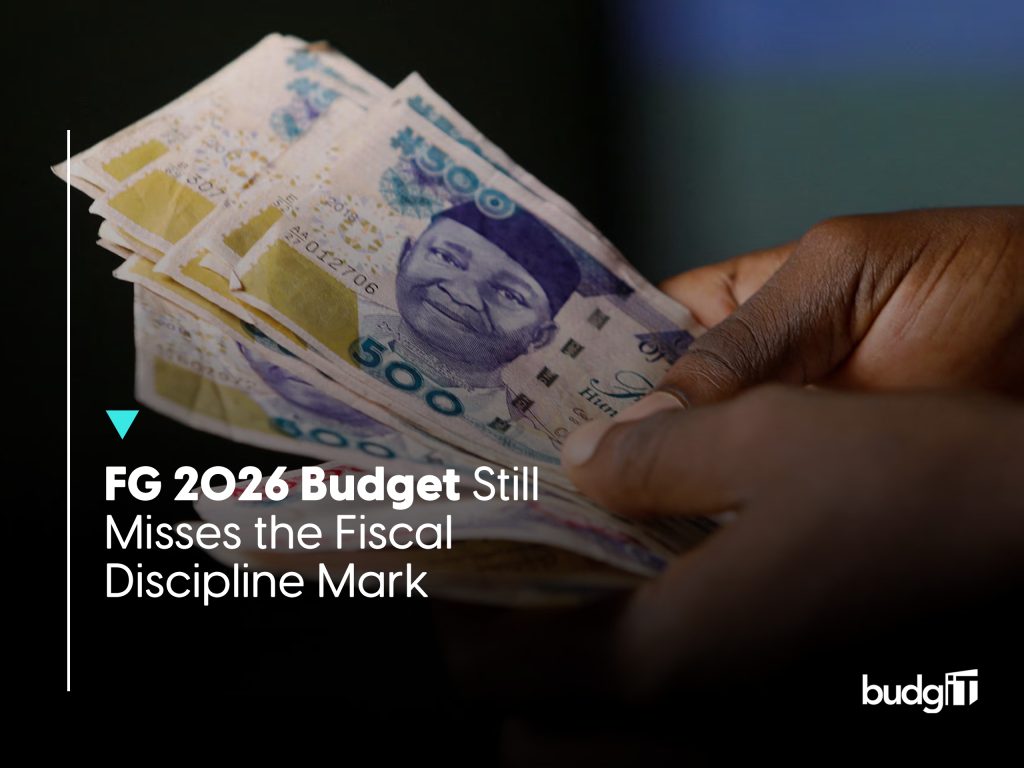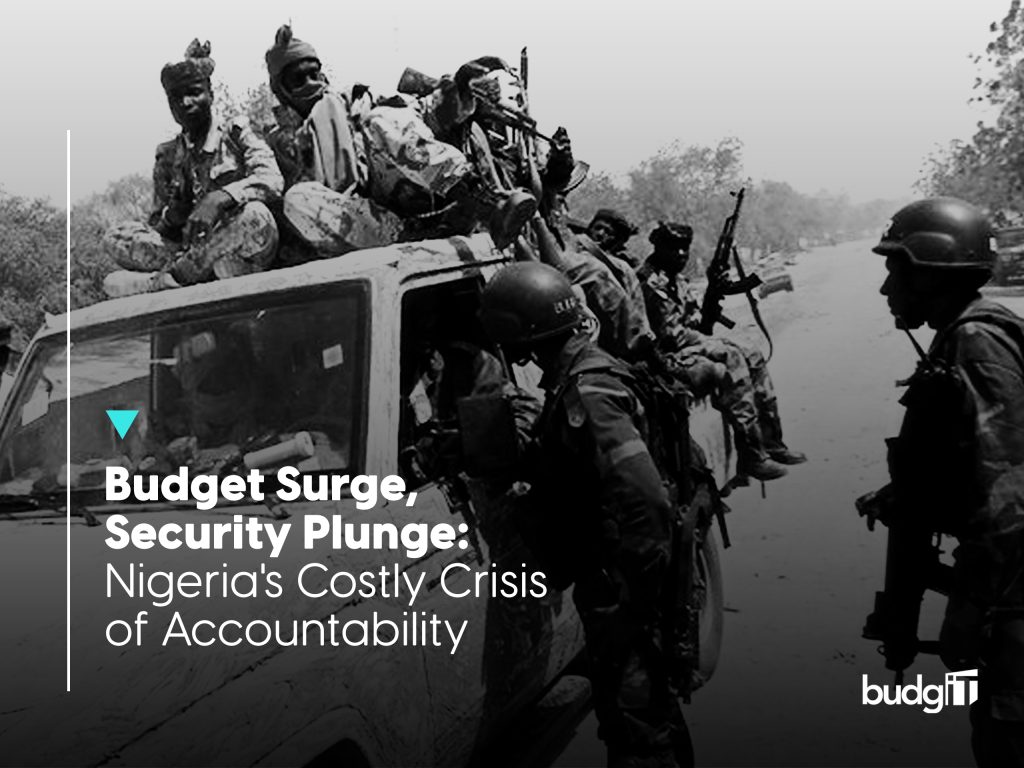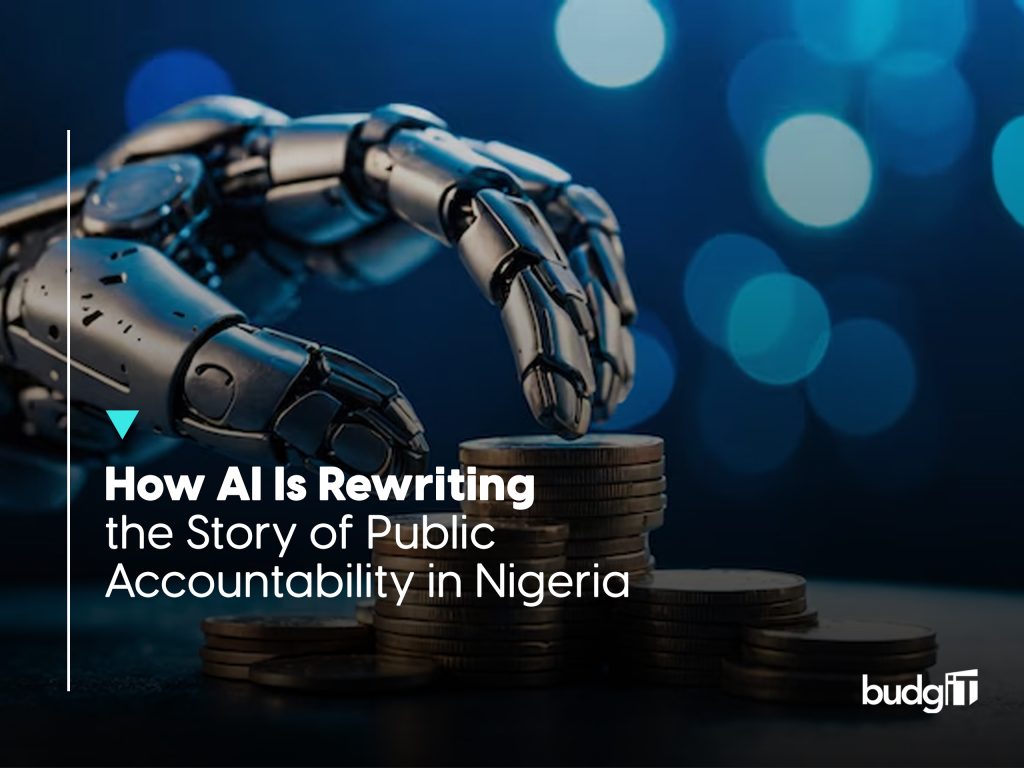Since the last time we wrote about the Nigerian general elections, a lot has happened within the Nigerian political space that has challenged the people’s trust in democracy and the Nigerian Government’s commitment to securing a better future for its citizens. The just concluded election is worse than breakfast served cold, and one is left to wonder if this country-and-citizen relationship is even worth it as a Nigerian. The glaring answer, judging by the enormous suppression of voters’ rights, intimidation, and brutality that many Nigerians endured from political thugs and miscreants during the Governorship elections in March 2023, would be to call it quits. And as an African proverb says, you don’t beat a child and ask them not to cry. But then, choosing civic apathy leaves our nation’s destiny yet in the hands of the same politicians who have brought it this shame.
What Happened at the Election?
Acclaimed Nigerian writer, Chimamanda Ngozi Adichie, has put forward a letter, Nigeria’s Hollow Democracy, that emotionally captures the shambles that the 2023 election was. But then, even her view is not enough to capture what blotted the 2023 election. Stories and many eyewitness accounts, as linked earlier, recount the horrors of the election, especially the gubernatorial, which was the most brutal. Many voters have aired the unfair treatment they encountered at the polling units, using Twitter, LinkedIn, and other social media platforms to vent their frustrations.
Not only have the election’s events frustrated and thwarted the barest hope many young Nigerians had in the outgoing president, Muhammadu Buhari, but it has also reduced their faith in the Independent National Electoral Commission, which has been re-christened High Neck. Whichever angle one chooses to judge the 2023 election, it comes across as a slap to our country, one with a global reputation of internal rot and failure and external success—as exemplified by Nigerians achieving great feats once they leave the shores of this country.
At this point, one can’t help but ask the question:
Do We Need National Therapy?
As funny as it may sound, this is a worthy question to ponder as we have all just witnessed a national tragedy that has broken many Nigerians, especially those harassed and beaten during the governorship election in places like Lagos, Edo, and Port Harcourt. Nigerians have gone through a lot in the last eight years, and the past few months cap it. What more can one endure before they seek mental care help?
In the true Nigerian spirit, we are extremely adaptable people (even if it is slowly degenerating into Stockholm syndrome), and can easily say we move. But have we really left all that happened behind? Definitely not, because when you sit by yourself and think of our current situation, you’ll shake your head in renewed shock every time. The entire election phase feels like a fiery blockbuster action movie with many scenes that keeps you on the edge. Which will we forget in a hurry? The Naira redesign saga that ended the lives and livelihood of many Nigerians? Or of our dearest Mr. President, who just the other day thanked Nigerians for tolerating his shoddy leadership on the one hand and, in another breath, is asking the senate to approve an $800 million loan from World Bank? Or should we forget about an election that brutalized people and made a mockery of what democracy stands for—an election that even the blind can tell was oppressive and below par? These events are too heavy to forget in a hurry, and we indeed need therapy to detox and heal.
Who is our Leader?
The aftermath of INEC’s unethical dealings with the election results leaves this elephant in the room—a million and one-dollar question that we can circle back and forth on with varying views. Who is the chosen leader? Who did Nigerians vote for in the presidential election, and who will May 29 favor—as the word favor seems to be the style of government INEC has decided for Nigerians? We have a declared president-elect on the one hand and a court case challenging the outcomes and events of the election on the other.
At this point, May 29 is also a big elephant in the room, a day many of us can’t wait to witness and one many others wish will be paused to avoid the calamity of swearing in the wrong man as president. And there are those who can’t wait for this current administration to end, even if it means going with what they believe to be an INEC-favored candidate.
Whoever will be sworn in on May 29, hoping that the court proceedings run their course before that date, we have another four years to suck up and keep being Nigerians—good ones at that. But we can’t be certain about how things will go because, by the trajectory of recent events, the Nigerian system is full of gut-stabbing surprises. So, we will wait until May 29 to know the way forward and who will pilot the outcomes of the next four years.
Can I Still Call Myself A Nigerian?
While the japa exodus continues, many questions plague the minds of the average Nigerian youth, especially those who threw themselves into the election process, hoping that INEC would stand on the pedestal of fairness, justice, and integrity to do what is right. With that thread of hope broken, the question lingers, “Do I still want to be associated with this country?” This is one question every one of us will answer for ourselves both at home and abroad because it is hard to preach the message of hope to anyone at this point. Maybe the judiciary will answer it, that is, if it follows the right path and delivers the people’s stolen mandate. Fingers crossed.
Four Years From Now
But is every hope lost? From all indications, we can still believe that things can get better as we witnessed a mini-revolution that shook the powers in this nation in less than 18 months. This past election is by far the election where more young people trooped out to vote, even in the face of political unrest and threats. If we achieved something so admirable and significant that the world is astonished by it, we have only begun and cannot drop our tools now.
It’s a long walk to freedom and to salvage Nigeria; we cannot grow tired after one attempt. We must understand that the forces that we’re up against have drilled their roots into every fiber of this nation, and to root them out, we’ll need time and unrelenting commitment, and active participation in the struggle.
If the election has not taught us anything, at least now we know just how powerful the bond of a people who desire change can be and what revolution it can cause if properly channeled. These monsters are scared because they know the day Nigerians unite, casting aside the logs of ethnicity, class, and religion, the game will be over for them.
A Call to National Action: The Role of the #OfficeoftheCitizen
As we approach a new leadership tenure, we cannot only hold the leaders accountable but also ourselves as equal determiners of our collective destiny. Every Nigerian is responsible for building the dreams they want for the nation. How do we execute this?
Become the Nigerian for the Nigeria you want
A great nation is the collaborative work of efficient leaders, followers, and citizens. Our problem starts at the grassroots, and to change Nigeria’s course, we must all surrender ourselves to become the type of people we want the nation to be. We cannot live in glass houses and throw stones. No, that would be hypocrisy.
So it is left for everyone who calls themselves a Nigerian to ask, “Am I not a part of the problem? Am I better than these politicians and irresponsible leaders? Do I have principles that will contribute to taking Nigeria to greater heights? In my little space, do I act in good faith towards upholding the good image of Nigeria as a Nigerian? Am I accountable for my role as a citizen and fellow, and do I bring anything worthy to my fellow country people?”
These are crucial questions we must answer irrespective of who becomes the next president because, to a large extent, bad leaders are just bad citizens with power. Leadership only amplifies who one has always been. For instance, someone with a habit of taking what doesn’t belong to them will only become a bigger thief if given any leadership position. People who already disregard due process and get satisfaction with winning through any means are the same people who will do everything to win because, to them, “All win na win.”
Become a changemaker
Beyond personal introspection, we must advance the cause of national service to speed-track Nigeria’s development. BudgIT and many non-profit organizations in Nigeria, such as Connected Development, Enough is Enough Nigeria, and civil society organizations, are doing their best to create the society we want. It is a hard job, but someone must lead the change process. We cannot put our future in the hands of the leaders alone. There are many causes worth putting one’s weight behind, whether one is an entrepreneur or an employee.
Ask what you can do for Nigeria, not what Nigeria has done for you. In all fairness, Nigeria has yet to do much for many of its citizens. Yet, we understand that the path to lasting nation-building is through the people’s collective efforts to push the narrative they want and get involved in the actual work—not audio or social media deeds.
The journey to the next four years’ leadership term begins in a few days, and no one can completely predict what these years will look like, especially as the election is still contested in court. However, now we know that votes count. Hence, everyone must get involved in the political and social scene of Nigeria’s leadership through sensitization, advocacy, and mobilization for the right causes.
Operation ‘Get your PVC’
Also, we cannot forget that many couldn’t vote because they couldn’t get their PVCs early. Now that the elections are over, we must encourage all our family and friends to prepare to get their PVCs ahead of the next election when INEC calls for PVC collection. It is a safe thing to do before the rush begins. If we go by the lessons of this election, numbers and massive turnout on election days play significant roles in curtailing the rigging and vices that trademarked previous polls.
Become an advocate of good leadership
We must become advocates of good governance and social development. As it stands, Nigeria suffers from massive and multidimensional institutional decay. A lot of overhauling needs to happen, and causes need to spring up to address these issues using technology and accessible data. Again there is political illiteracy among the grassroots people who don’t know what to do during an election. Even more, although there was a massive turnout of young people during the past election, political apathy and naivety still plague many Nigerians, especially in making political decisions.
Political education must become a mission if we must get everyone into the same mental frame. Also, how long before the Ministry of Education returns History to our school curriculum? Are we stylishly trying to ensure the average Nigerian doesn’t know a thing about the history of this country? What about Nigerian history made the Ministry of Education scrap it from the education curriculum in the first place?
We must also continue to work together with civic organizations to ask the hard questions, put the new leadership on their toes, and keep up the work of rebuilding the system through change-driven grassroots projects. We must create rooms for the conversation to keep burning so we don’t forget what we are up against and why we must stick together until we achieve our mission.
Let Us Begin
We must become the ideal Nigerians that will move our nation toward the future we wish to live in. To do so, we must become people of honor, integrity, and vision. We have no better time than now to lend our voices and skills to take up the role of changemakers and promote the works of human, civic, and social development advocates. If we, the people who hold power, rise and take up our positions in all arms of governance and social innovation, we can propagate a new narrative for the Nigeria we want.



